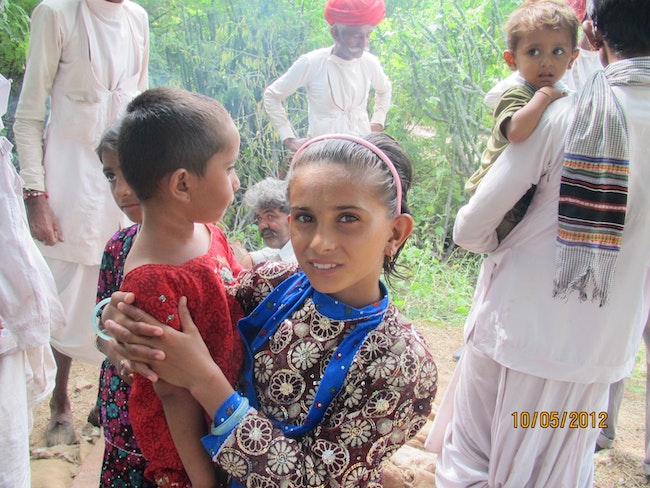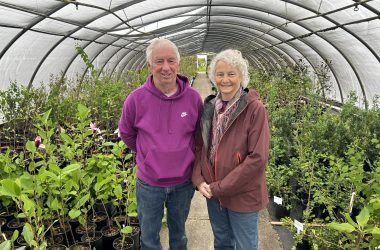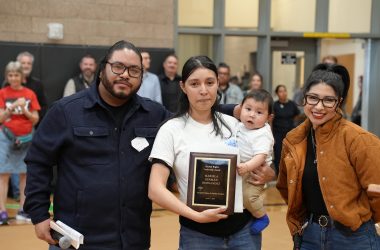
I started wearing a camera around my neck when I was 15, and for 25 years, I took pictures. Faces interested me most. I studied portrait photographers and learned that the best portrait comes when you are close to the subject, sometimes too close, which means the subject doesn’t know you’re there, or trusts you and wants you to be close. I’ve known a few shy photographers who tried to beat that by using a telephoto lens, but that kind of voyeurism never appealed to me. I have tens of thousands of photos and a collection of faces, each with a story behind it.
Something changed in me around the time I turned 40, and I couldn’t do it anymore.
Fortunately, letting go of taking pictures was replaced by what I do most; interviewing people. I collect and tell stories. If you take the time to listen, people will tell you something interesting. I have been writing fiction for over 50 years, so I don’t subscribe to the saying, “Truth is stranger than fiction,” but it is poignant and occasionally remarkable.
I was hired once to interview the artists represented by a large art gallery. The idea was to get in and out quickly, 10 minutes and bang, here’s something about this person. I couldn’t do that. The first of these lasted two hours. One time I asked an art photographer if the nudes he photographed were inspired by desire or aesthetics. At first, he bristled, but when I assured him I was sincere he gave me the answer. (I know you want the answer. See below*) Many of my most enjoyable interviews have come by accident in a casual setting like a coffee shop or a social gathering. I’ve done hundreds of interviews, family, friends, artists, musicians, and I find a lot of interesting people.
A lot of journalistic interviewing is fact-finding, legalistic, more about hunting. For me, it is about patient listening. I don’t scribble notes while listening to someone because it “takes my eyes off the road.” In the early days, I carried a tape recorder (then a digital recorder) and later would type out the interviews, which is time-consuming, but by listening carefully, you feel what matters to the interviewee. It never ceases to amaze me how much silence reveals truth and opens space for beauty.
Similar to taking portraits, to get the best interview, it helps to develop trust. I interviewed a well-known portrait painter years ago who revealed powerful truths about the origins of their work. I asked, “Are you comfortable sharing what you’ve told me? The painter said, “Yes, of course,” but two days later, freaked out and withdrew consent. I had the right, but I didn’t publish it. I don’t want to violate another person’s privacy just to score some points. That was my fault; I didn’t take the time to develop the necessary trust. It was a shame because the story the painter had told me was compelling and fascinating and would have brought richness to how their work was received.
You can simply listen and let the stories penetrate, and when you do, the stories live and breathe.
Everyone has said, “I wish I had a tape recorder” when Dad, Mom, Grandma, Grandpa, or Cousin Jane or Joe starts talking. It may be why you go to a party, and on the way home, you say, “I wish I had had a recorder when they started talking.” But here’s the truth; you don’t need to record or write anything. You can simply listen and let the stories penetrate, and when you do, the stories live and breathe; that’s The Oral Tradition, and until a few hundred years ago, it is how all myth, memory, knowledge, humor, and history passed from one generation to another. Think about it: a time with no cameras, no recorders, no records, MP3 files, no tens of thousands of photos on your phone, no way of sharing your experience except by your own words and memory.
Older people tell the best stories. They have a lot of experience and aren’t as concerned with what others may think about them. They’ve stopped worrying about the judgment by others, and the floodgates of truth open and in that there is often wisdom. I have my doubts about whether the truth will set you free, but it surely makes for fascinating interviews.
I recently met three older people in this community. I wanted to share them here in The Chronicle, how they live, who they are, and what they do. I wanted to know them better. I asked them if they would be kind enough to let me write about their stories, and they all said yes, but a few days later, they changed their minds. All three apologized to me, but I said, “No need for an apology, I respect your desire to be private.” One day you’re a logger, a baker, or a teacher going about your business, and then you share your story, and people think they know you now, and they do, a little, but whether we share our stories is for each one of us to decide. My only regret was I wouldn’t have the privilege of sitting and hearing their stories.
* It was desire, at first, but since the images were upside down in the camera, he said the aesthetics took over after a few minutes.

If you want to share your story with someone who will listen carefully, drop me a line at the paper or at [email protected]








